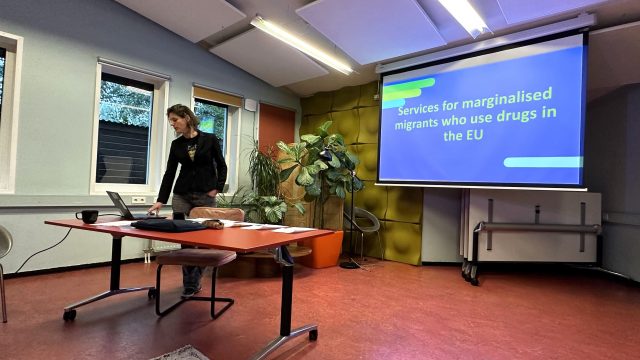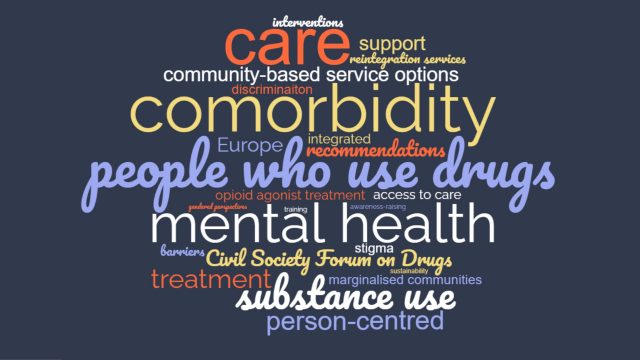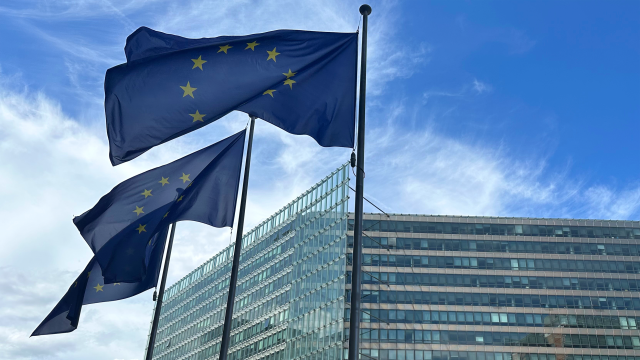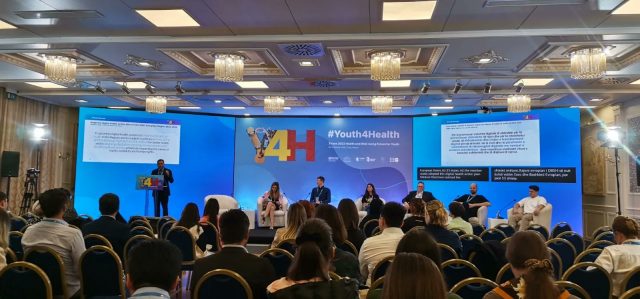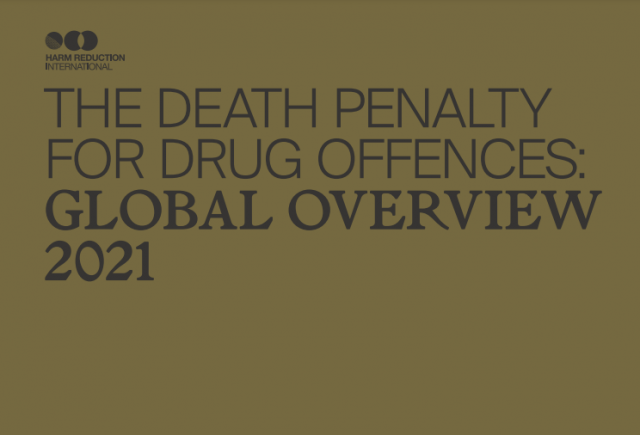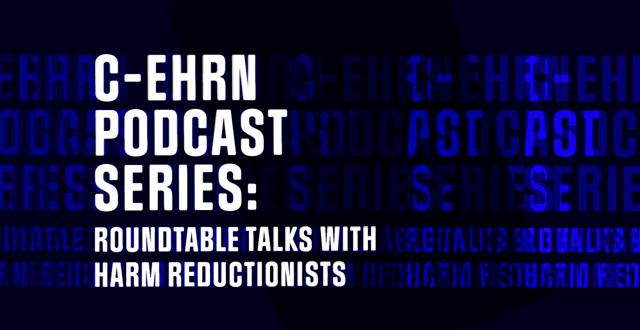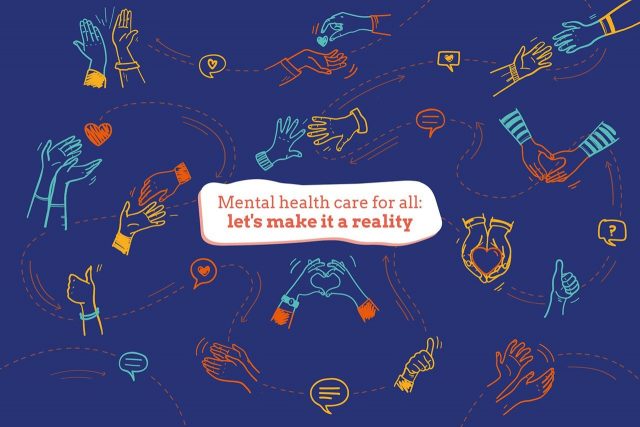On the 9th of November, a meeting organised by two SEMID-EU project partners, C-EHRN and Mainline, took place in Villa Buitenlust, Amsterdam with relevant local actors in the field of migration, homelessness and drug use. This gathering sought to address the multifaceted challenges encountered by migrants who use drugs and experience homelessness throughout Europe, with a specific focus on Amsterdam. The event aimed to share the findings and materials of the SEMID-EU project and prompt discussion on the situation in Amsterdam.
SEMID-EU is a project specifically designed to fill gaps in knowledge and practice on drug use in migrant populations. By gaining a better understanding of the needs of migrants who use drugs in Europe, it aims to improve policies and responses that affect these groups to increase their access to high-quality healthcare, drug treatment, harm reduction and (re)integration services. The focus of SEMID-EU has been on marginalised migrants, for whom institutional, structural, social and personal barriers stand in the way of the fulfilment of their basic human rights.
The key results at an Amsterdam level underlined the importance of collaboration between relevant stakeholders to support services for migrants who use drugs. In Amsterdam, homelessness is a big problem intra-European and Spanish-speaking migrants who use drugs are dealing with. Research conducted in SEMID-EU reveals the significant advantages individuals experience through drug consumption rooms, shelters and support services aimed at fulfilling their fundamental needs. However, the capacity of these services is sometimes too limited. For example, the occasional shelter does help but does not tackle the uncertainty and stress of homelessness. Without a safe and stable environment to sleep, long-term substance dependency aid (when requested) is impossible. Migrants who use drugs struggle to access (social) housing, employment, and healthcare services, and the need for insurance to access healthcare that depends on formal residence is an especially big issue.
Among the group of Maghreb Arabic-speaking refugees, there is a reported lack of support services available to help with procedures of migration, laws, drugs and drug dependency services, financial support and mental health services. However, the most prominent support services needed are mental health services, necessary to cope with the trauma that originated in their countries of origin and at refugee camps and are too often not offered.
Low-threshold (harm reduction) services serve as crucial connections for migrants who use drugs, acting as a gateway to other essential healthcare and support services. Nevertheless, these services need greater support from funding bodies due to their frequent capacity constraints. Within the discussion, there was a clear emphasis on the necessity for national cohesion in the Netherlands to adopt human-rights-centred responses to homelessness, ensuring adequate housing solutions for individuals in need.
Plenty of resources that can support the expansion of availability and quality of services for migrants who use drugs are going to be made available soon on both Mainline’s and Correlation’s websites. Of these, the following are already available:
- Policy Brief
- Recommendations for organisations that promote the health and rights of migrants
- Recommendations for harm reduction organisations and practitioners
- Recommendations for policy and practice in Amsterdam, Athens, Berlin and Paris
- Assessment tool for service providers
- Landscape Analysis and review of existing literature on migrants who use drugs in the EU
- Delphi study: Recommendations from experts on migration and drug use
- Community-based participatory research (CBPR) on the needs and living/lived experiences of migrants who use drugs in Amsterdam, Athens, Berlin and Paris
SEMID-EU is coordinated by Mainline, an organisation based in Amsterdam whose mission is to improve the health and social position of people who use drugs, without primarily aiming to reduce drug use and out of respect for the freedom of choice and possibilities of the individual.
Other partners involved in the SEMID-EU project are Ghent University, ISGlobal – Barcelona Institute of Global Health, Positive Voice, Fixpunkt e.V., Gaïa Paris and C-EHRN.

